Shooting stars: the 10 most exciting cameras of 2020
These are the cameras we're most looking forward to in 2020
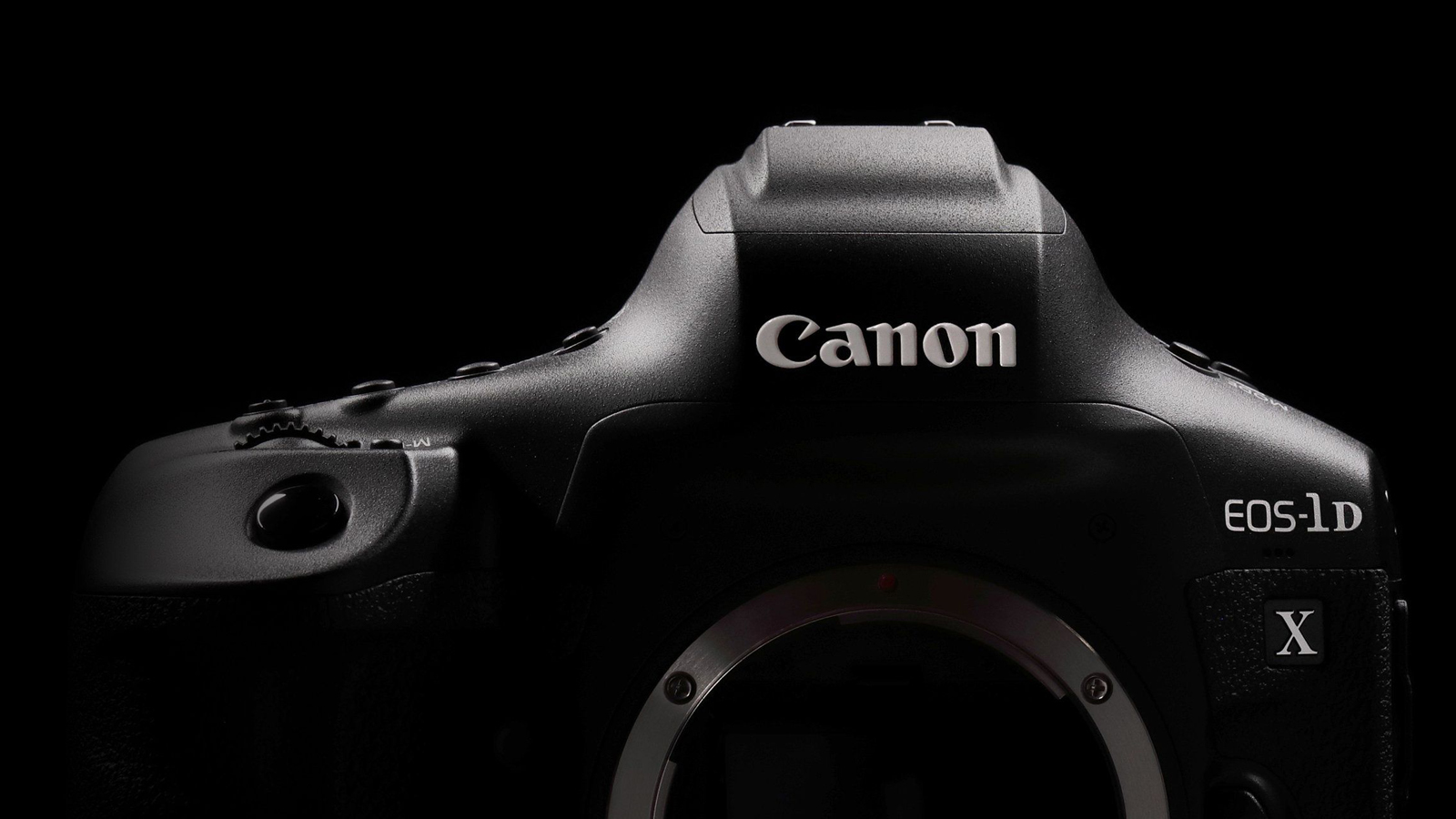
Sign up for breaking news, reviews, opinion, top tech deals, and more.
You are now subscribed
Your newsletter sign-up was successful
We love a crystal ball, and few areas of the tech world are promising to deliver more new gear in 2020 than cameras.
Rapidly compressing thanks to ever-more capable smartphones but offering increasingly good images, better-than-ever video modes and positively jaw-dropping performance, the crop of full DSLR, mirrorless and even compact cameras in 2020 will be the best yet. And that's not even considering the re-emergence of drones and the rise of 360-degree cameras.
Here are the models – both confirmed and rumored – that we’re most excited by this year.
Canon EOS-1D X Mark III

Coming to an Olympics near you, the now-announced Canon EOS-1D X Mark III will replace the awesome 1D X Mark II. We know this… and not a lot else yet. Sensor resolution? In-camera image stabilization? We don’t even have a release date yet.
There are some things we do know. There will be a brand new AF sensor with deep learning technology that will allow more precise autofocus tracking – that being quite a claim given the outstanding performance of the Mark II. It will have Wi-Fi, Bluetooth and GPS built in, allowing pros to transmit images faster than ever. Speaking of faster than ever, you’ll get up to 16fps continuous shooting if you use the optical viewfinder or, blimey, 20fps in live view mode.
The other thing we know? The EOS-1D X Mark II is the de facto standard for sports and news photographers, with 70% of the stills DSLRs at this year’s Rugby World Cup bearing Canon’s logo, so it’s safe to say Canon will be looking to get the next generation absolutely bang on, particularly given the mirrorless competition.
Read our in-depth feature: Canon EOS 1DX Mark III: what we know so far about the flagship sports DSLR
Sign up for breaking news, reviews, opinion, top tech deals, and more.
Nikon D6
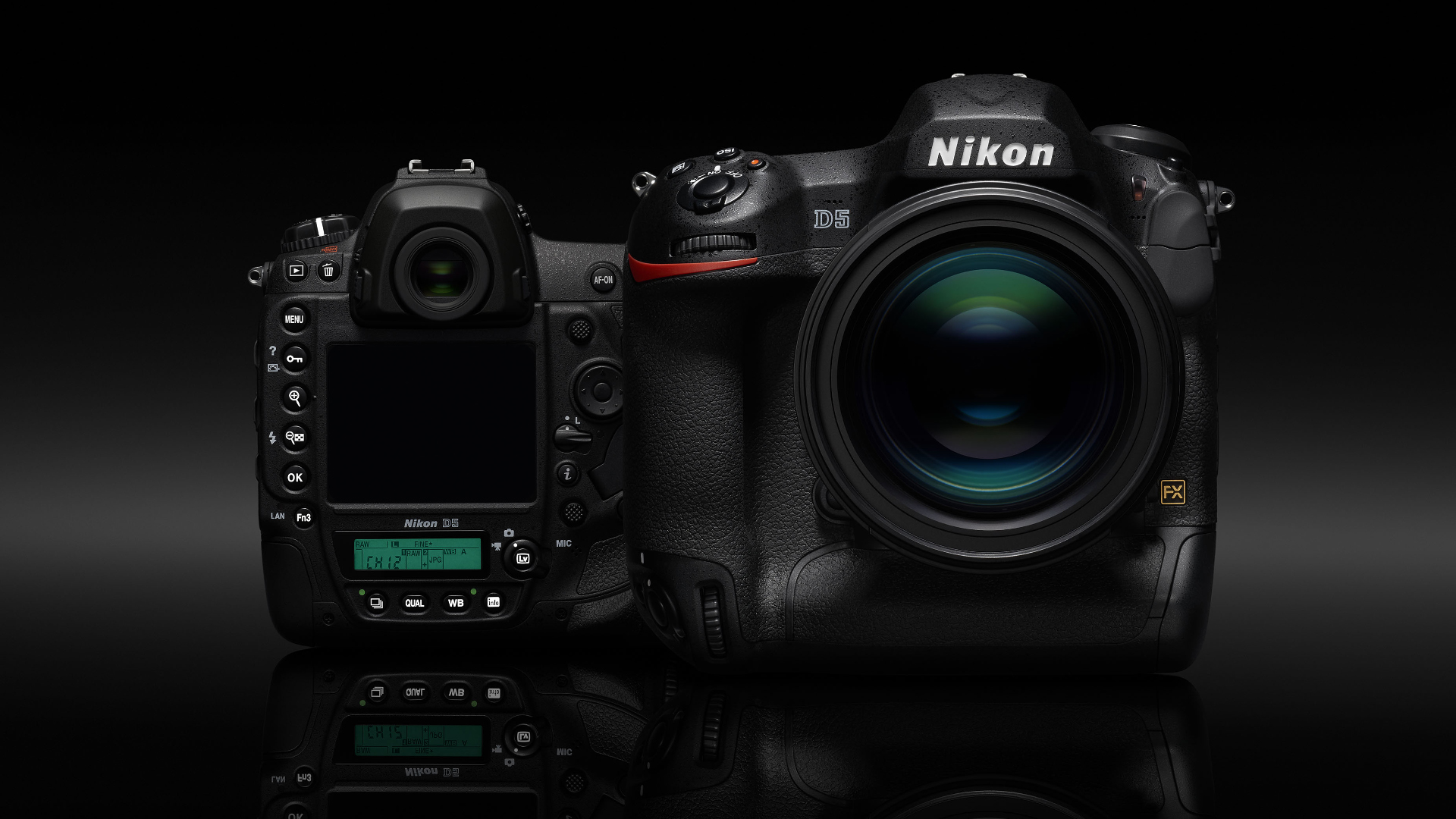
The big brutes of the DSLR world are still slogging away, so it’s good to see that the EOS-1D X Mark III will have some competition.
We don’t know much more about the D6 than we do Canon’s gigantic new baby – resolution, whether there’s in-body image stabilization or even niceties like if it has Wi-Fi or GPS are all mysteries that would stump Mystery Incorporated. Although it seems safe to guess that a modest bump in resolution plus, perhaps Wi-Fi, are incoming.
There are no performance claims as yet but, with the Nikon D5 able to shoot 12fps you’re not going to be looking at a camera that misses the moment. Likewise it’s safe to assume – though we don’t know – that the D6’s dimensions will be roughly the same as the D5’s; so a full-height, chunky DSLR that even the most ham-fisted adventurer will struggle to drop.
Want to know more? Read our rumor roundup: Nikon D6: Everything we know so far
Canon EOS Rs
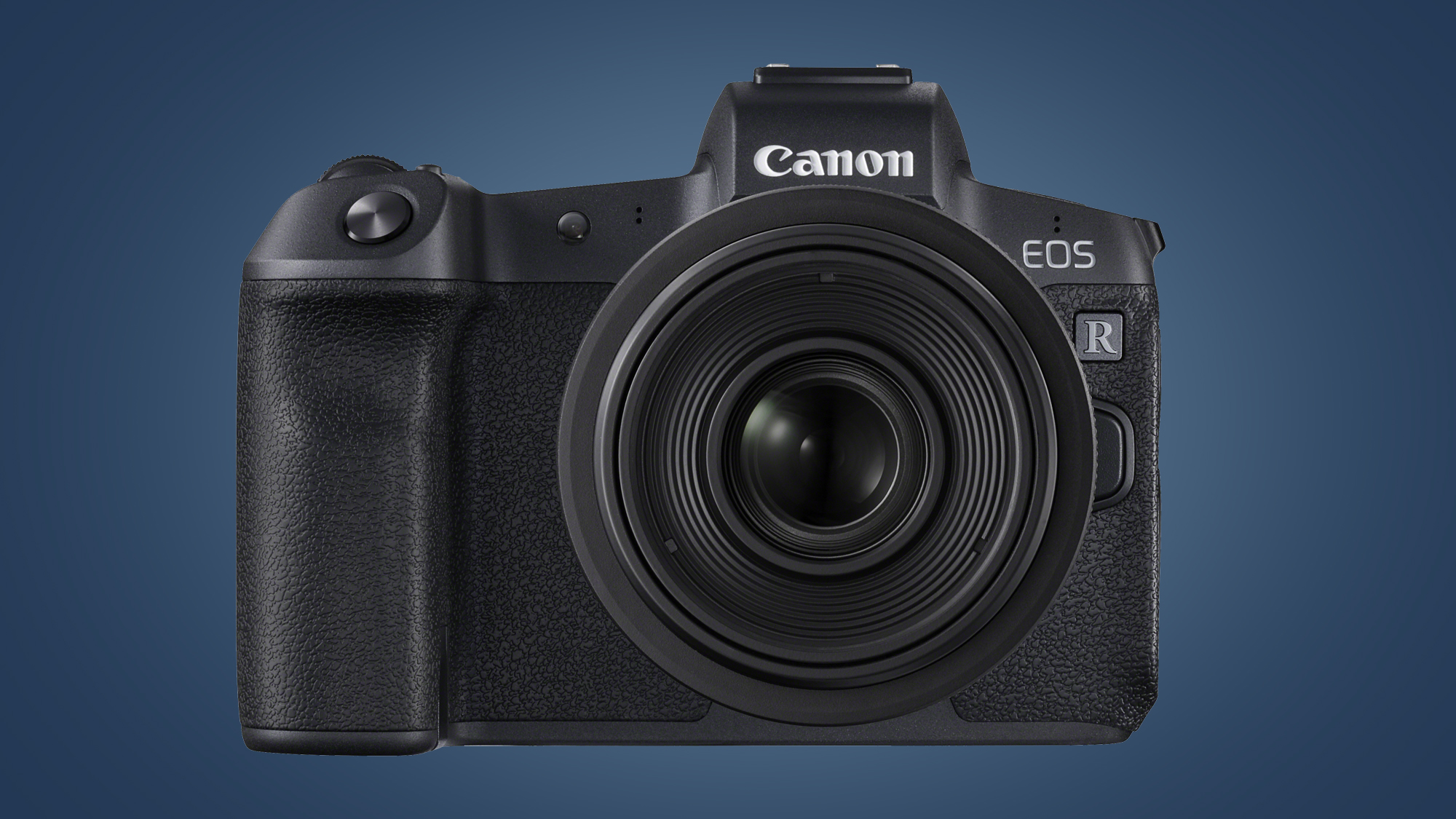
Canon’s opening salvo into the world of the pro mirrorless camera was a good ‘un: the Canon EOS R is a £2,000 full-frame body with top-notch performance and terrific image quality. There’s no pleasing some people, though, with reviewers noting relatively laggardly performance and – shock – single memory card slot.
Unlike the EOS-1DX Mark III, the Rs isn’t confirmed by Canon, so anything we know about it is strictly the product of rumors and whispers. But we’ve seen a few usually reliable sources who reckon it will be very high resolution – perhaps as much as 75 megapixels, with an emphasis on image quality and dynamic range, so portrait, wedding and landscape photographers should all put their interested faces on.
There are also rumors of a few changes to the EOS R’s control system, with the EOS Rs rumored to be ditching the much-vaunted touchbar and gaining a more old-school joystick on the back. Excitingly we might also be looking at IBIS – In-Body Image Stabilisation – which all adds up to a mirrorless camera that could really take it to Sony at the pro end.
Want to know more? Read our Canon EOS Rs: what we know so far about the high-resolution mirrorless camera feature.
Canon EOS M50 Mark II
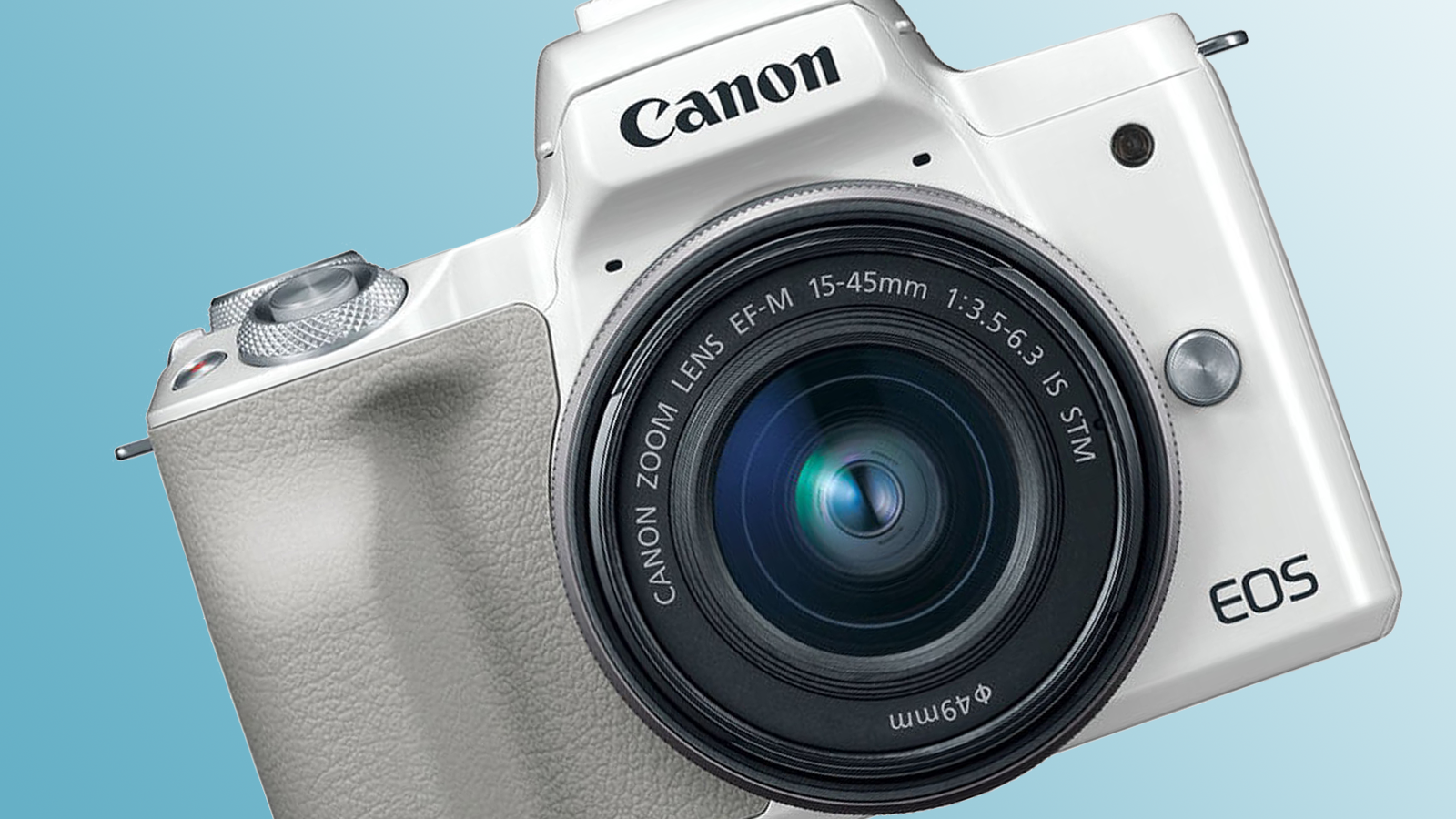
We love the Canon EOS M50 – it's smaller than most superzoom bridge compacts but with interchangeable lenses, a great APS-C sensor and lots of useful controls on the body to keep both old hands and beginners happy.
Bear in mind, the M50 is new – less than two years old – so the M50 Mark II won’t be darkening your doorstep soon, but with the EOS M6 Mark II providing 14fps, crop-less 4K and very high-res stills (32.5-megapixel), the mid-range M50 looks just a little ordinary by comparison.
So we’re expecting to see Canon bring the EOS M50 Mark II a little closer to the EOS M6 Mark II. Its fastest continuous stills speed of 10fps might see a little bump, and the original’s 24.1 megapixel sensor is likely to see an increase in resolution. With both the EOS M6 Mark II and the EOS 90D boasting a 32.5-megapixel APS-C sensor, it wouldn’t be a galloping shock to see the M50 Mark II come out with the same resolution.
Video – a criticism of the original M50 – could get a welcome shot in the arm, and it would be a point of contention if the M50 Mark II didn’t shoot cropless 4K. The EOS M6 Mark II is a dream camera for vloggers so it would be good to see a similarly capable model for a bit less cash.
For more details read our in-depth feature: Canon EOS M50 Mark II: everything we know so far
Fujifilm X100V

How much do we love Fujifilm’s X-series cameras right now? Just imagine a paragraph of heart-eye emojis and you’ll be close. At the high end there’s the stonking, ridiculous medium format GFX 100, but at the more, ahem, accessible end of the market, Fuji is a real trendsetter. That’s even true when it comes to fixed lens compact cameras such as the now three year-old Fujifilm X100F.
What we know about its replacement, the X100V, is a matter of some conjecture. We expect it to arrive in February 2020, and also that it might push the price a little higher than that of its predecessor, which started at £1,249. It would be very surprising to see it emerge with anything other than an APS-C size sensor – possibly one with more resolution than the original’s 24-megapixel unit.
A new lens would help. The X100 series has had the same 23mm, f/2 glass from the outset in 2011. That focal length works out to a street-photography-friendly 37mm so we’re not expecting the focal length to change, but a bit more aperture would be nice – at the risk of changing the ergonomics of one of the best handling cameras on the market.
Fujifilm X-H2
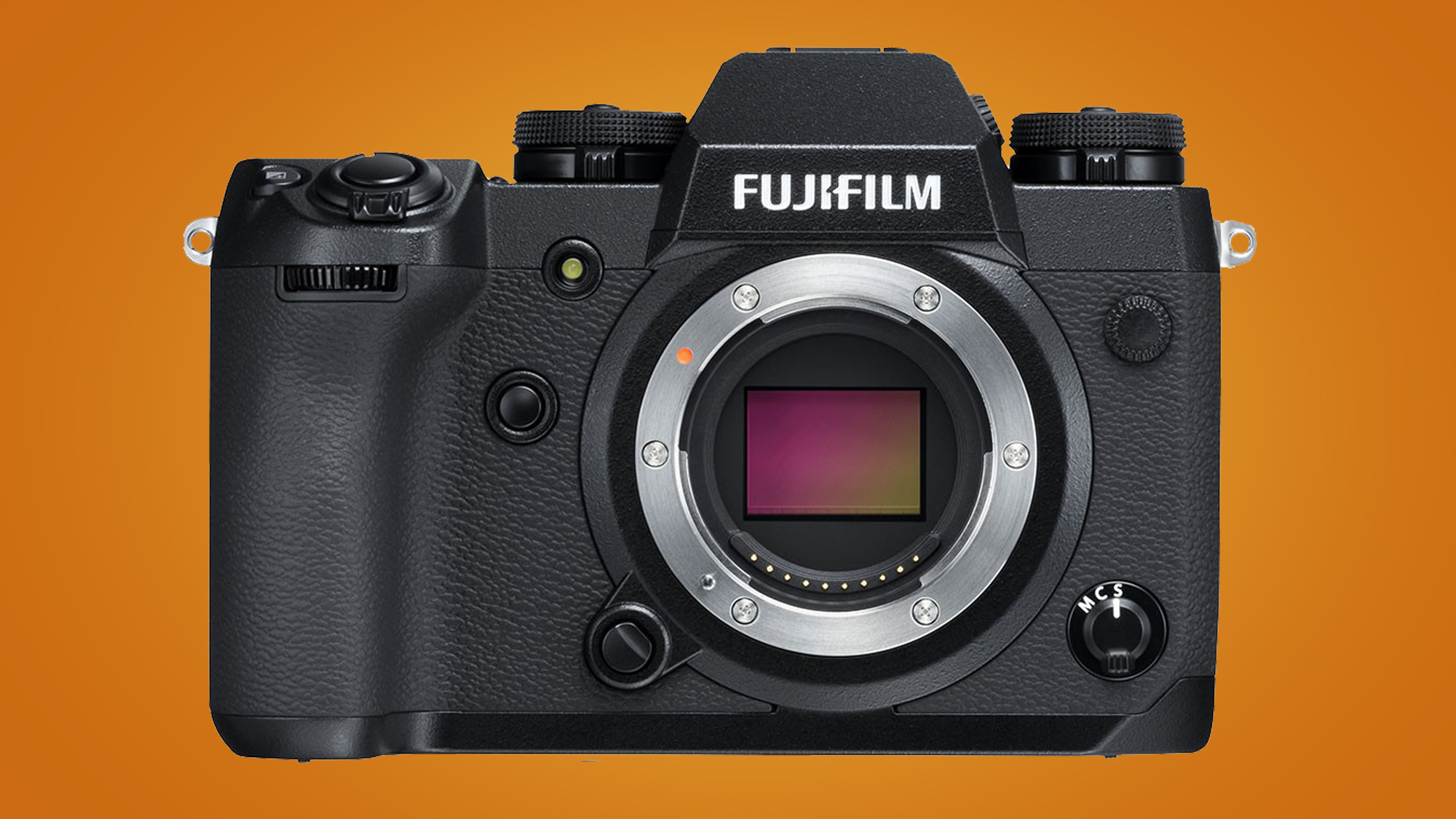
Another one from the company with a strong claim to being the most innovative mirrorless camera maker on the market. The Fujifilm X-H1 is an APS-C mirrorless camera with X-mount interchangeable lenses whose features and build bely its current, sub-£900 price.
It’s not a camera in urgent need of an upgrade – announced less than a year ago, the X-H1 sports a who’s-who of next-gen features including five (claimed) stops of in-body image stabilization, flicker reduction, and dust- and water-resistant body, as well as Fuji’s trademark competence when it comes to video – F-Log, DCI 4K, 12 stops of dynamic range, and so on.
Yet technology marches on, so it was no surprise to see Fuji Rumors report that the Fujifilm X-H2 is definitely coming – but possibly not before the end of 2020. When all we have is “probably not this year” it’s no surprise that rumored specs and features are thin on the ground but, if Fuji’s reading this, can we have more battery life from the next one, please?
Nikon Z9

Nikon’s Z-series of mirrorless cameras sent a strong message to current king-of-the-castle Sony. But with Sony still on top, and Canon (probably) bringing new high-end mirrorless cameras out this year, standing still is the worst thing Nikon can do.
Of most interest is the Z9 – we know Nikon can make a capable mid-range mirrorless camera, what we want to see is what happens when the company that makes the fantastic D6 really pushes the boat out. At the same time, though, Nikon can’t produce a camera that cannibalizes the sales of its go-to DSLR.
What should you expect from the (unannounced) Z9? Right now, all signs point to a camera that prioritizes resolution and image quality above straight-line speed. 61 megapixels is a distinct possibility, so expect to see this camera in the hands of high-end wedding, portrait and landscape photographers rather than dotted around the sidelines of the 2020 Tokyo Olympics.
Sony A7S III
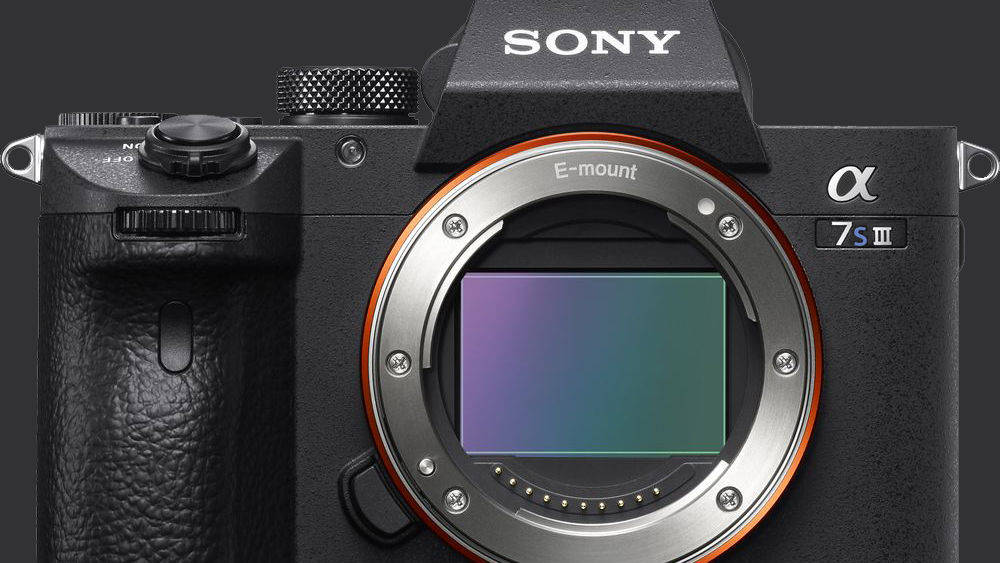
Sony’s claim to be top of the heap when it comes to mirrorless cameras has some justification. The A9 offers absolutely belting performance and, lower down, the A7 series, including the A7S II, has won plenty of professionals over. This is no time for laurel-resting, though – with Canon and Nikon both rumored to be bringing out top-end, pro-focussed mirrorless cameras in 2020, Sony has every reason to be looking over its shoulder.
One of those reasons has to be the aging Sony Alpha A7S II – announced in Autumn 2015, it’s sorely due an upgrade. Perhaps the most interesting thing about the rumors around the A7S III is what it won’t have – in a landscape littered with high-resolution cameras, it’s distinctly possible the A7S III will stick with the 12MP sensor. This is no bad thing – those widely-spaced pixel-sites mean superb low-light performance, and, if the A7S III sticks with 4K as its maximum video resolution, videographers won’t need more.
With stills left more or less by the wayside, the A7S III will be Sony’s chance to capitalize on the momentum it has with videographers. How about high frame-rate 4K – or even high frame-rate DCI 4K? Internal 4:2:2 recording?
We think the Sony A7S III will arrive in the first half – possibly even the first quarter – of 2020.
Want to read more about it? Read our in-depth rumors roundup: Sony A7S III: everything we know so far
DJI Mavic 3 Pro

We think drones qualify as cameras – certainly few self-respecting travel vloggers are without them, and with the technology reaching maturity the next generation will be the best yet. The DJI Mavic 2 Pro is a very tempting little number for mid-range vloggers – more advanced than the DJI Mavic Mini but affordable in comparison to the Phantom range.
Still, good as the Mavic 2 Pro was, we came up with plenty of things we’d like improved for the Mavic 3, which is rumored to be coming along about halfway through 2020.
Rumors are thicker on the ground than facts, but we wouldn’t be surprised to see 4K 60fps recording, and a new one-inch sensor that will hopefully mean better image quality, particularly in low light.
We’re also expecting better obstacle avoidance and – perhaps to head off the interference of pesky government legislation – improved mid-air obstacle avoidance too.
Apple iPhone 12

A new notch-less design, 5G and the return of Touch ID – all good reasons to be excited about the next tranche of iPhones, but we’re only here for the camera. Or cameras, more likely. With the iPhone 11 Pro and Pro Max offering three lenses on the back, we’d expect at least that many lenses on the top versions of the iPhone 12.
In fact, according to a memo obtained by MacRumors it’s possible that the iPhone 12 will gain another pseudo-camera on the rear, a Time of Flight sensor which will be very accurate at measuring distance. That will be a relief to anyone who’s suffered weird results in their iPhone’s portrait mode but should also mean a better Augmented Reality (AR) experience.
Otherwise, we’re expecting the three-lens design on the pro models to stay , which means all the changes will be internal. Sony’s IMX686 is the hot favorite when it comes to hardware; a 64-megapixel sensor that shoots 16-megapixel images in the name of better low-light image quality. As for more exotic hardware, such as this bonkers-looking periscope style 80-200mm optical zoom lens, the safe money is on us waiting until at least 2021.
Want to know more? Read our rumors round-up: New iPhone 12 release date, leaks and what we're expecting
Dave is a professional photographer whose work has appeared everywhere from National Geographic to the Guardian. Along the way he’s been commissioned to shoot zoo animals, luxury tech, the occasional car, countless headshots and the Northern Lights. As a videographer he’s filmed gorillas, talking heads, corporate events and the occasional penguin. He loves a good gadget but his favourite bit of kit (at the moment) is a Canon EOS T80 35mm film camera he picked up on eBay for £18.